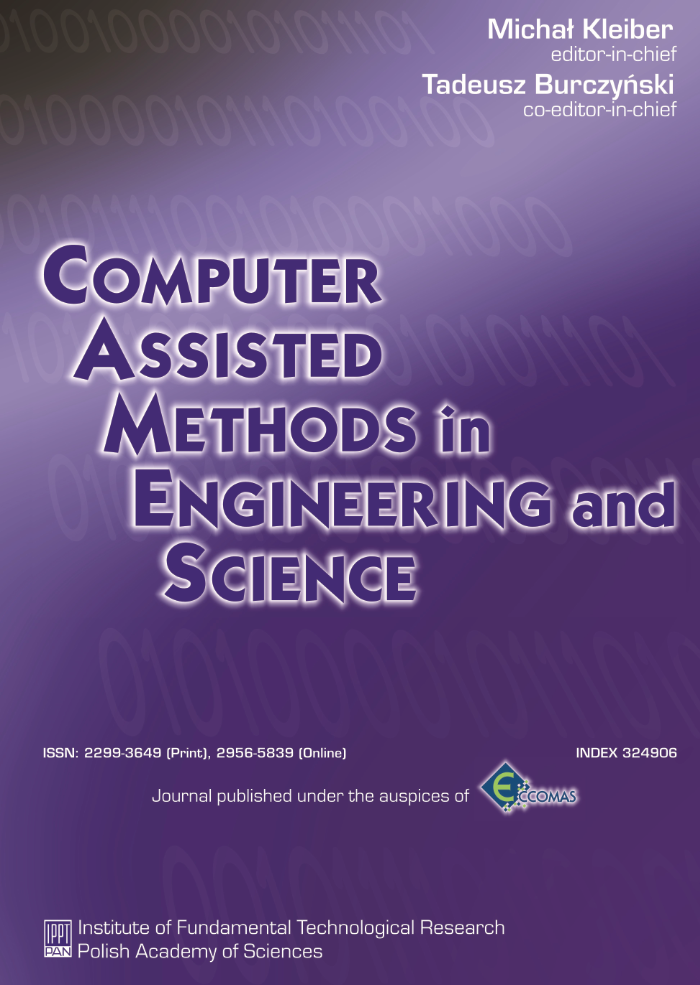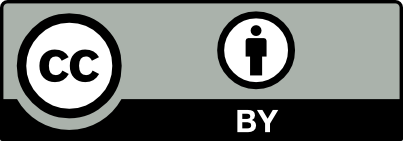Abstract
This paper presents an Ant Colony Optimization (ACO) approach to the resource-constrained project scheduling problem (RCPSP). RCPSP as a generalization of the classical job shop scheduling problem belongs to the class of NP-hard optimization problems. Therefore, the use of heuristic solution procedures when solving large problem is well-founded. Most of the heuristic methods used for solving resourceconstrained project scheduling problems either belong to the class of priority rule based methods or to the class of metaheuristic based approaches. ACO is a metaheuristic method in which artificial ants build solutions by probabilistic selecting from problem-specific solutions components influenced by a parametrized model of solution, called pheromone model. In ACO several generations of artificial ants search for good solution. Every ant builds a solution step by step going through several probabilistic decisions. If ant find a good solution mark their paths by putting some amount of pheromone (which is guided by some problem specific heuristic) on the edges of the path.
Keywords:
resources constrained scheduling problem, project scheduling, multi-project scheduling, ant colony optimization, swarm intelligenceReferences
[2] F .F . Boctor. An adaptation of the simulated annealing algorithm for solving resource-constrained project scheduling problems. International Journal of Production Research, 34: 2335- 2351 , 1996.
[3] K Bouleimen, H. Lecocq. A new efficient simulated annealing algorithm for the resource-constrained project scheduling problem and its multiple mode version. European Journal of Operational Research, 149: 268- 281 , 2003.
[4] J . Blazewicz, J .K Lenstra, KA.H.G. Rinnooy. Scheduling projects to resource constraints: classification and complexity. Discrete Applied Mathematics, 5: 11-24, 1983.
[5] Ch. Blum. Ant Colony Optimization: Introduction and Recent Trends. Physics of live reviews, 2005.



